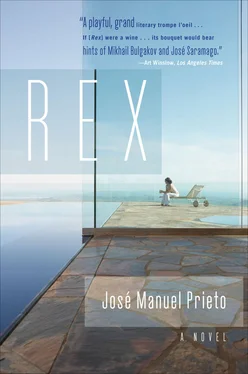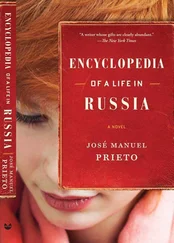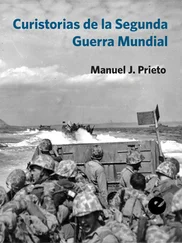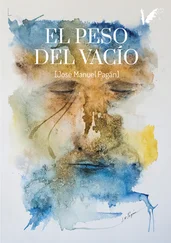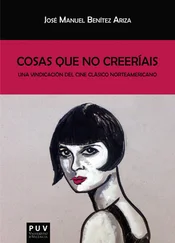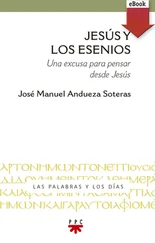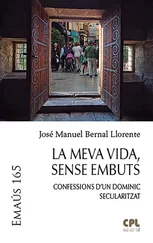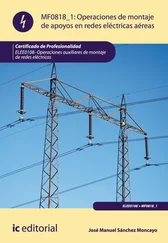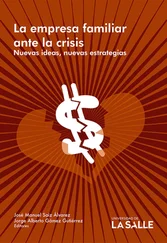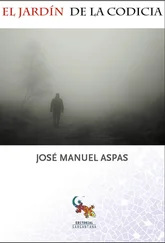An enormous bird.
10
Its powerful feet clutching the edge of the porcelain in an iron grip, its thighs covered with feathers like the thighs of a Lagerfeld model. The luxuriant resplendence of a garment made from the feathers of a single gigantic bird that had first been hunted and caught, and then carefully sewn, its fabrication supervised by the strong, knotty hand of Lagerfeld himself so that it would adhere perfectly to the model’s torso and extend to midleg, leaving the muscular calves visible. The way she moved, like a tigress (though in this case, a bird). Falling, letting herself fall onto one hip, then the other. Settling on one hip as if to stay there a long while, then switching to the other. Without advancing in any direction: a bird in your parents’ bathroom, poised on the edge of the circular tub known by its Japanese name: Jacuzzi. Arms demurely at the sides, leaning forward, balancing, with all the strength of its expression aimed toward its breast. The chin — of its face! a woman’s face! — against the feathered breast.
Thrown off by surprise, Petya, without knowing where on earth that enormous, soft monster … Was it the holographic image of an immense bird that some Professor Kuropatov or, better yet, Professor Caligari had created in his laboratory, going farther than anyone else in the world here, too, in this new field: household avatars? A phantom, a creation of air? But then how could it be so vivid and so real? Repressing the impulse to go in and embrace it, as when we drew closer to the television the better to see the lovely newscaster’s face and bump against the glass, in love …
The bird opened its mouth, balancing for a second on the edge, and let well up through its breast, with no effort by the neck muscles, a first note, a prolonged sigh that flowed out long and uncontainably as it tried to open the hands that had remained trapped, slender and fragile, in the bones of its wings.
That song reached into my soul, lifting me above the house and above the entire coastline and bringing me back in one second. The memory of that vastness, the hollow or void of a feeling expanding my chest, its song crossing through me like the blade of an airy knife that twisted in my heart and lodged in all the chambers of my soul. And without knowing what I was doing, without understanding that the movement might give me away, I pushed the door farther to see her better. My hand swinging out over the tessellated floor, I checked the windows, swept the ground with my eyes to try and glimpse the projector or generator of that image, the woman, the bird (I didn’t find it). My foot went to follow the hand and step out onto the floor’s mosaic when a thought made me stop, this passage, flashing across my mind: “Sperrit? Well, maybe,” he said. “But there’s one thing not clear to me. There was an echo. Now, no man ever seen a sperrit with a shadow; well, then, what’s he doing with an echo to him, I should like to know? That ain’t in natur’, surely?”
It was Nelly! And I realized this, as well, and right away, from the necklace around the bird’s neck which I’d seen her wear so often when she swam in the pool, for she never took it off to swim. Radiating now from her neck as she sang and slowly turned her head, rays of light emanating from the stones dappling the walls, the windowpanes, the floor, with multicolored points. The echo of her song having prevented me, Petya, from making a false step, giving away my presence, having the queen raise her eyes and approach me speedily with the jerky movement of a running bird, setting down its feet or claws along an invisible line, to take out my eyes, harshly, with her beak, one and two (pecks), blinding the eyes that had spied on her, although she was not naked: only transformed, terribly transformed into a bird.
But what was she afraid of? What was she afraid of, that I couldn’t be allowed to see? Toward what abyss were we sliding without my being able to see it, this song speaking to me of the danger that menaced us, her gaze fastened on her face in the water, the reflection broken up by her tears. Unable to rest in midflight, unable to glide calmly along with arms opened out in a cross through the indigo of the sky and the reds of the horizon, for this once in our lives, Petya. Because even in our flight … Furies, such as Batyk.
The gong in the entryway boomed: someone, an important guest, had arrived. A daaaaa , thick and violet-colored, came through the window, flowed into the bathroom. The bird raised its eyes to look at it and discovered me standing next to the door. It was about to tell me something, about to open its mouth, but first Batyk, down below in the drawing room, opened his beak and squawked: His Most Serene Highness Simeon of Bulgaria!
I ran downstairs. The party was waiting. There wasn’t a second to lose.
“My mama?”
“Your mama.”
1
… a thoroughly good man, no more dreaming of the horrors in which he was entangled than the eye at noonday in midsummer is conscious of the stars that lie far behind the daylight. This from the Writer.
Meaning that the young tutor, his frank face turned toward them, allowing the light that bathed their luminous figures to enter his eyes, was incapable of understanding where the currents of the plot were flowing, the afternoon’s cascading red mane streaming toward the horrible denouement. The boy getting out of the pool, the Buryat invariably standing next to it (I’d never seen him swim and how could I not mistrust a man like that, a man who mistrusted water?): all of it evanescing, bodies made of smoke that vanish if someone opens a window or porthole; we see them lengthening, limbs pulled out in whatever direction the breeze or howling gale is blowing, breaking apart at a neck that stretches too thin, all of them disappearing into the same vortex, heads detached from torsos. The simple structures that, on a nuclear testing ground, represent a family, a house and its yard, all eradicated by the expanding shock wave, sucked up by the blast behind them.
And the tutor, in this scene of the Book, is unable to discern anything, makes no conjecture. Which the Writer alludes to in this surprising image: of a man no more capable of perceiving than the eye at noonday in midsummer is conscious of the stars that lie far beyond the daylight.
Can you imagine or conceive of, in all the literature of the universe, a better, greater image of unconsciousness, involuntary blindness?
No. And it will serve to illustrate — you understand? — any similar state of mind or equivalent confusion in any other man or tutor. Forever.
2
I didn’t need days to understand it, to discover the monstrosity of her deception, the perfidy of her fingers caressing my neck, tenderly interlaced with my hair. Horror! I had been prepared to give up everything, to jeopardize my trip to Amerika, to endanger my life for a woman who had thought of nothing from the very start but deceiving me, lying to me. A woman most unfortunately in love with her husband (and not her son’s tutor). Who every time she’d come to see me on the pretext of some interest in the (princely) education of her son — you, Petya — had stuck, through the half-open door, a head full of the blackest schemes to deceive me and make me a vendor of gemstones, the remainder of her husband’s vast production of colored stones. Having failed and miserably botched all sales missions themselves, finding themselves stranded on that plain in Spain, amid the desert dunes, and without seeing in any direction, neither from ahead nor from behind (turning back to scan the arid landscape), a knight, clad in gold and silver, glittering in the sun, coming to their rescue. In a terrible impasse, and mistrusting and hating Batyk, without my suspecting it and without their ever making it clear to me, Batyk, whose idea it had been, as you know, to swindle the residents of Saint Petersburg, and whose even worse idea it had been to hide out in Spain, and, worse still, in the last place in Spain they should have chosen, Marbella, a city rife with felons and Russian mafiosi.
Читать дальше
